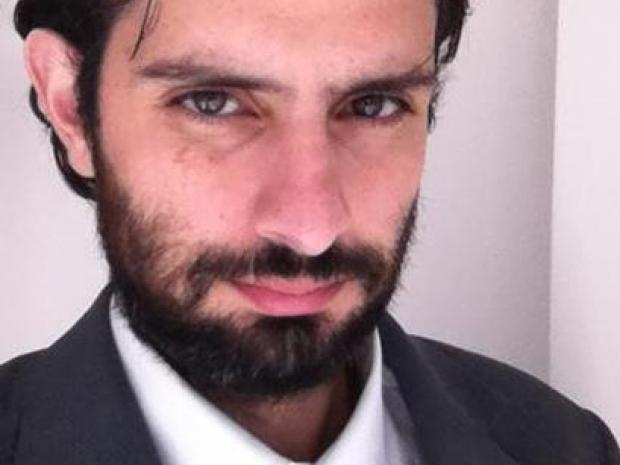Modeling Dynamical Processes on Time-Varying Networks

Mechanical and Aerospace Engineering
Department Seminar Series
11/17 (Monday) Noon – 1:00 pm, LC 400
Modeling Dynamical Processes on Time-Varying Networks
Nicola Perra, Ph.D.
Associate Research Scientist
Laboratory for the Modeling of Biological and Socio-technical Systems
Northeastern University
Boston, MA
Networks, virtually in any domain, are dynamical entities. Think for example about social networks. New nodes join the system, others leave it, and links describing their interactions are constantly changing. However, due to absence of time-resolved data and mathematical challenges, the large majority of research in the field neglects these features in favor of static representations. While such approximation is useful and appropriate in some systems and processes, it fails in many others. Indeed, in the case of sexual transmitted diseases, ideas, and meme spreading, the co-occurrence, duration and order of contacts are crucial ingredients.
During my talk I will present a novel mathematical framework for the modeling of highly time-varying networks and processes evolving on their fabric. In particular, I will focus on epidemic spreading, random walks, and controlling strategies on temporal networks.
Biosketch
Nicola Perra received his PhD in Physics in 2011 at University of Cagliari, Italy. During part of his PhD he was visiting scholar at the Complex Networks Systems Research of Indiana University. He served as Post Doc in the same institution for one year before moving at Northeastern University. Since September 2014 he serves as Associate Research Scientist at Northeastern University. He has been conducting research in Network Science, Human Dynamics, Data Science and Digital/Mathematical Epidemiology for more than six years. He has collaborated with several internationally renowned research groups and companies producing 27+ peer-reviewed papers, which have been featured in several scientific magazines and newspapers. His research interests find their roots in the study of dynamical processes on Networks, in the use of “big-data” analysis to characterize human interactions and dynamics, and in the development of realistic computational data-driven epidemic models.

